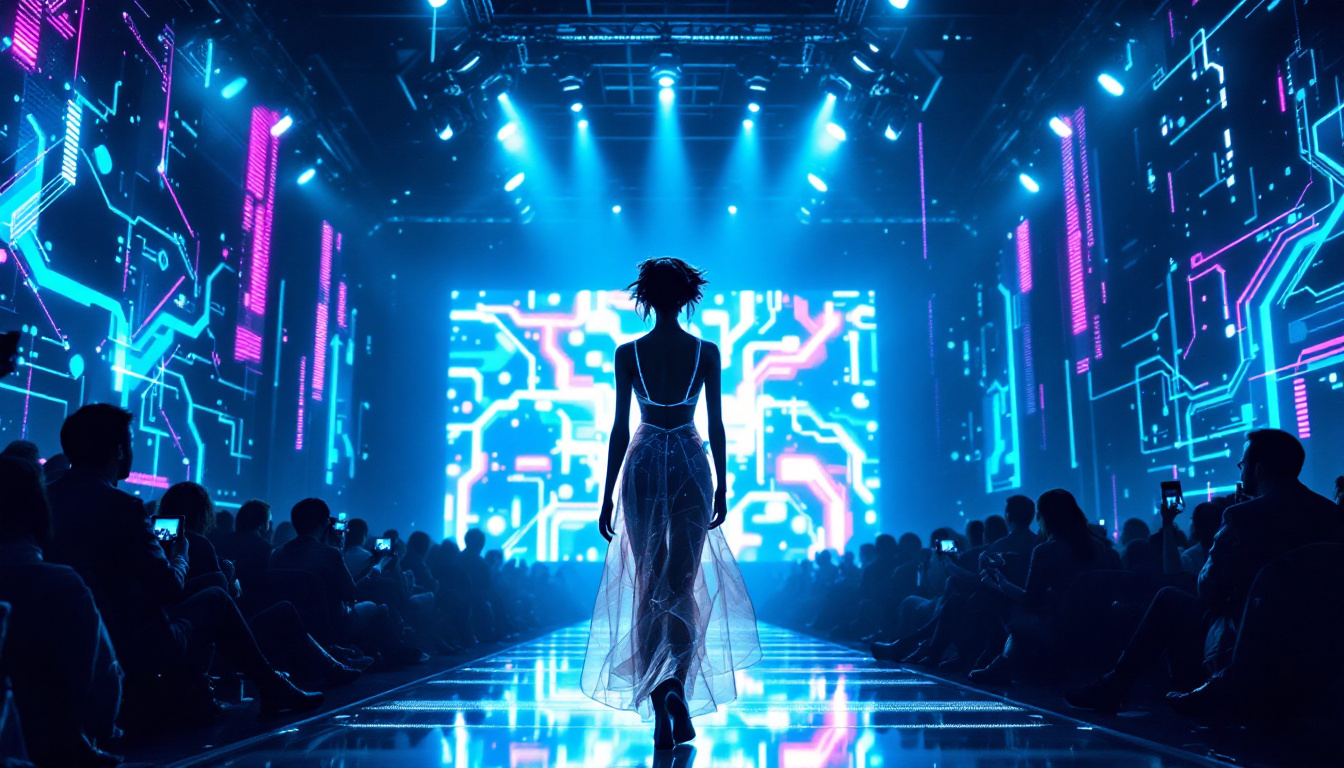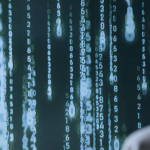Introduction
The twenty-first century has created a new kind of stage — one that exists not in cities or stadiums, but on screens. Technology has become the platform where fame, politics, and global narratives collide. From livestreamed political debates to celebrity-led humanitarian campaigns, digital influence now shapes how the world thinks, reacts, and remembers.
The virtual stage has also blurred the boundaries between authority and popularity. Leaders behave like influencers, and influencers act like diplomats. This merging of roles reflects the deep cultural transformation driven by connectivity, where power is measured not only in policy or money, but in engagement and visibility.
Technology as the Global Arena
In the modern world, technology is not just a tool — it is the playing field itself. Nations rely on digital systems for everything from healthcare to elections, while citizens use the same platforms to challenge those very systems. Power, once held by a few, now circulates through countless online interactions.
Social media, artificial intelligence, and virtual reality have become mechanisms of global connection and control. Countries that master these technologies project their influence far beyond borders. Those that fail risk being silenced in a world ruled by digital communication and perception.
Celebrities as Architects of Global Awareness
Celebrities have long been cultural icons, but digital technology has amplified their voices into political forces. Through social media platforms, figures like Beyoncé, BTS, and Greta Thunberg mobilize millions with a single message. Their advocacy shapes global conversations on equality, environment, and justice.
This influence extends into traditional diplomacy, where celebrities attend summits, advise governments, and represent causes once reserved for official envoys. Their ability to merge art and activism makes them powerful allies in global awareness — and sometimes, unintended political players.
Politics in the Age of Online Visibility
For politicians, the virtual stage has become both opportunity and risk. Online engagement offers a direct line to the public, bypassing traditional media filters. Leaders can shape narratives instantly, influencing how citizens perceive crises, policies, or rivals.
Yet the same exposure can destabilize leadership. One misstep, caught on video or shared in a viral post, can erase years of reputation. The internet rewards emotional immediacy over nuance, forcing political discourse into short, shareable moments that often oversimplify complex realities.
The Economic Power of Digital Popularity
Digital attention has become a valuable commodity. Every like, view, or share contributes to a massive economy of visibility, driving advertising, brand partnerships, and even political campaigns. Companies and governments invest billions to harness public attention, recognizing it as the engine of the modern marketplace.
For celebrities and influencers, digital popularity translates directly into economic leverage. Their endorsements move markets, and their opinions can elevate or sink brands overnight. The fusion of fame and finance has redefined capitalism, replacing traditional advertising with personalized influence.
AI and the Future of Digital Identity
Artificial Intelligence is reshaping how identity is created and perceived. Deepfake technology can replicate human likeness with startling precision, challenging authenticity in entertainment and politics alike. What once was fiction is now a tangible concern for global leaders and media professionals.
In parallel, AI-driven personalization defines how individuals experience the internet. From music recommendations to news feeds, algorithms shape what we consume, creating personal digital realities. As AI becomes more integrated into communication, questions of truth, control, and human relevance grow louder.
Global Culture and the New Diplomacy of Connectivity
The internet has transformed culture into a borderless phenomenon. A song from Seoul, a speech from Nairobi, or a film from Mumbai can reach global audiences instantly. This interconnectedness has created a shared cultural language, but also raised questions about cultural preservation and digital dominance.
Governments now use technology as a diplomatic tool, promoting their values and industries through soft power campaigns. Meanwhile, global citizens use the same tools to express resistance, solidarity, or creativity. The virtual stage has become a global commons — a space of both collaboration and contest.
Ethics and Responsibility in a Connected World
The expansion of digital influence demands ethical reflection. Issues of privacy, misinformation, and manipulation threaten to erode public trust. Celebrities, politicians, and tech companies face growing pressure to act responsibly in shaping digital spaces that affect billions of lives.
Transparency, accountability, and education are becoming essential components of digital citizenship. Without them, the same tools that connect humanity could easily divide it. The future of the virtual stage depends not on the reach of technology, but on the wisdom of those who use it.
FAQs
How is technology changing global influence?
Technology amplifies communication, allowing individuals and nations to shape opinions and policies across borders with unprecedented speed.
What role do celebrities play in modern diplomacy?
They act as global ambassadors, raising awareness for social and environmental causes while influencing political agendas.
Why is digital visibility so powerful in politics?
Because it shapes perception, which in turn affects trust, credibility, and electoral outcomes on a global scale.
What risks does AI pose to identity and authenticity?
Deepfakes and algorithmic manipulation can distort truth, making it difficult to distinguish between real and fabricated narratives.
Can global connectivity promote equality?
It can, if access to technology and information is shared fairly; otherwise, it risks deepening divides between connected and disconnected societies.
Conclusion
The world now performs on a virtual stage where every message, image, and action reverberates globally. Technology has turned visibility into a form of power, and influence into an international currency. As leaders and celebrities navigate this digital landscape, their choices carry the weight of nations.
What happens next depends on collective responsibility. The tools of connection can unite or divide, inspire or mislead. The challenge of this century will be ensuring that the virtual stage remains a place for truth, empathy, and progress — a reflection not of algorithms alone, but of human values that endure beyond the screen.









